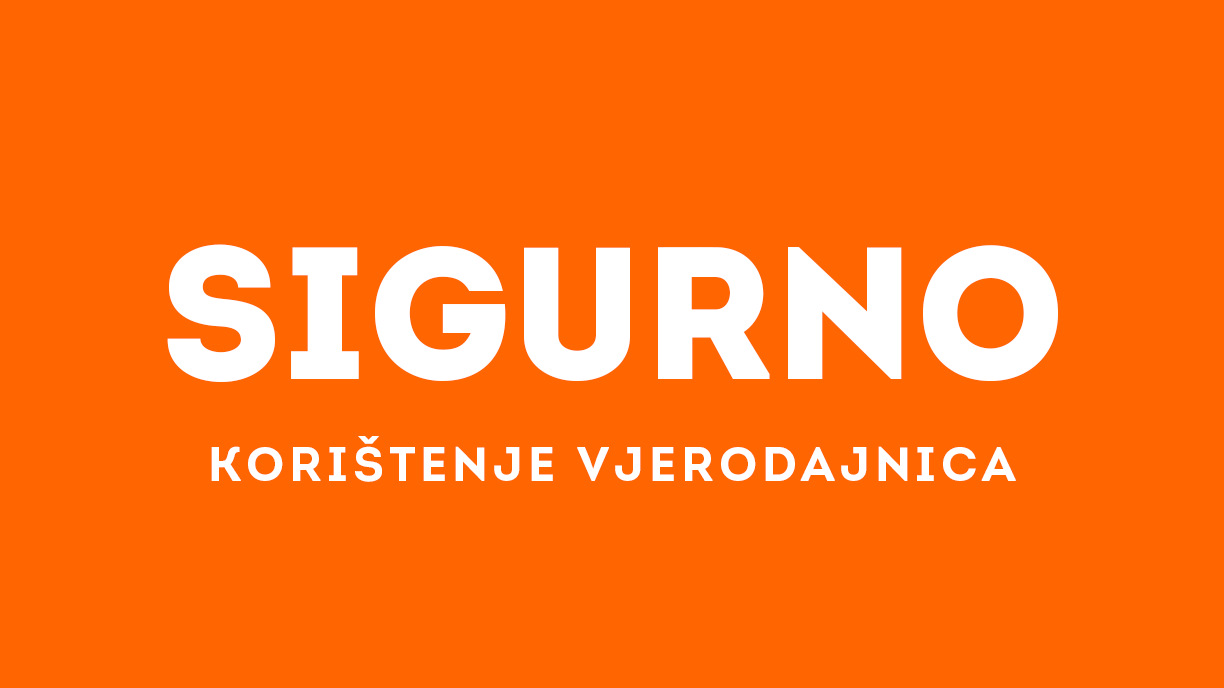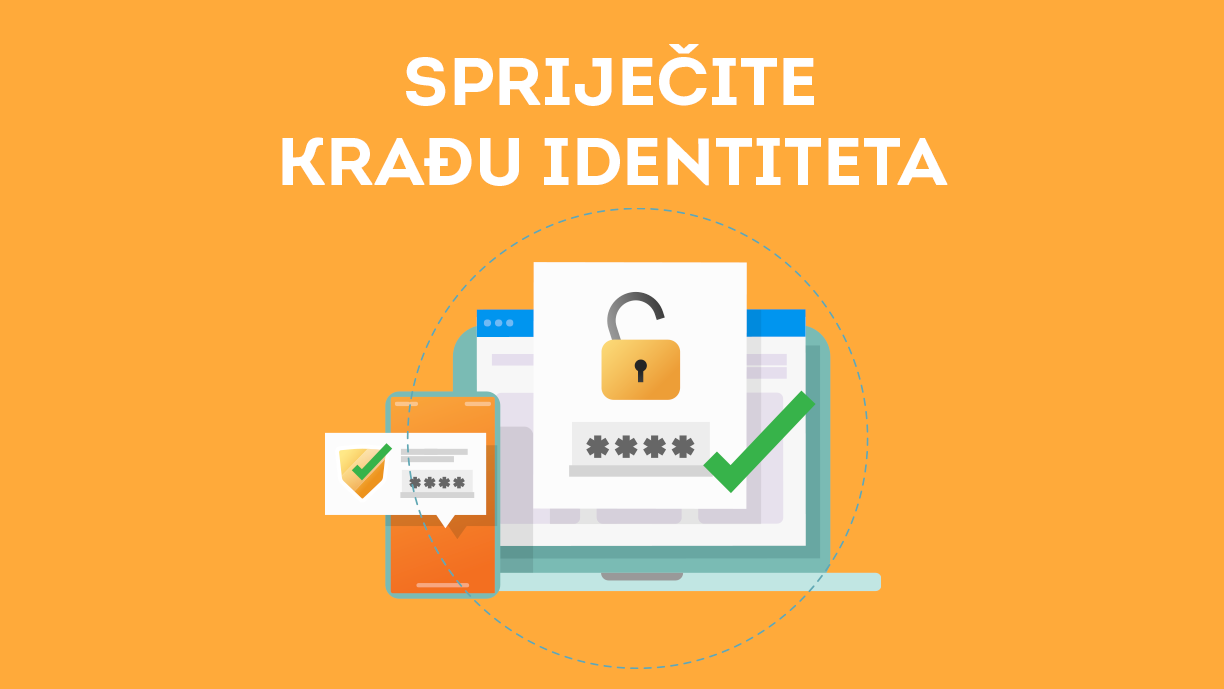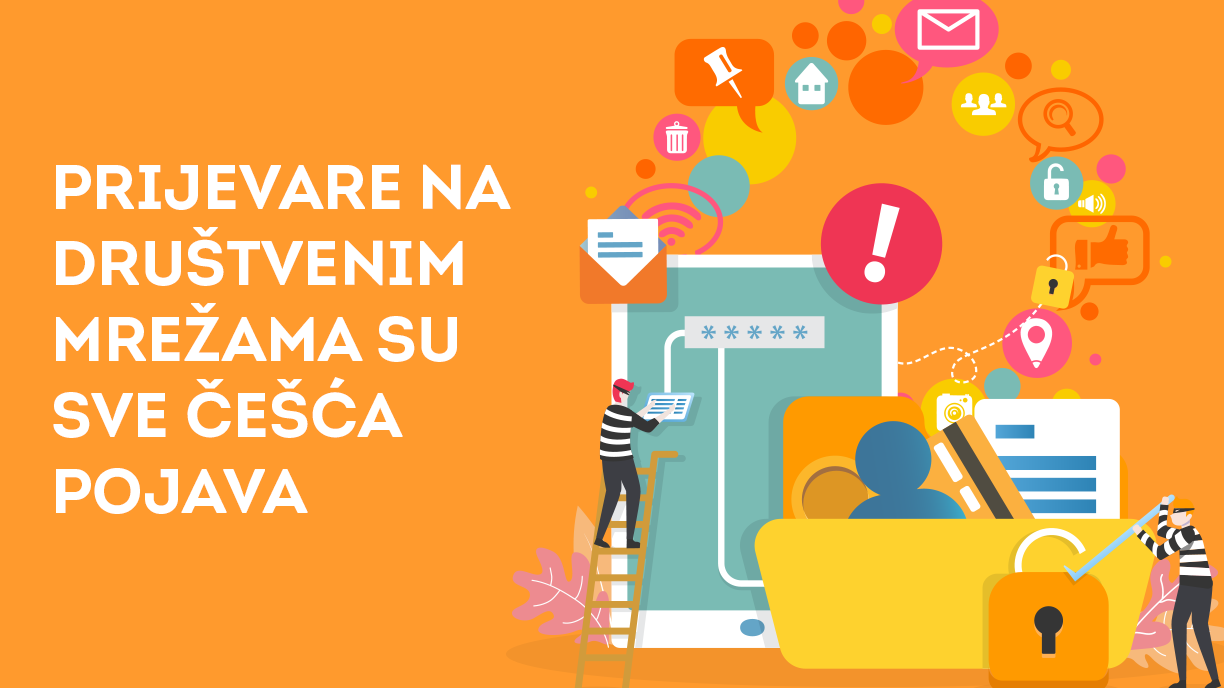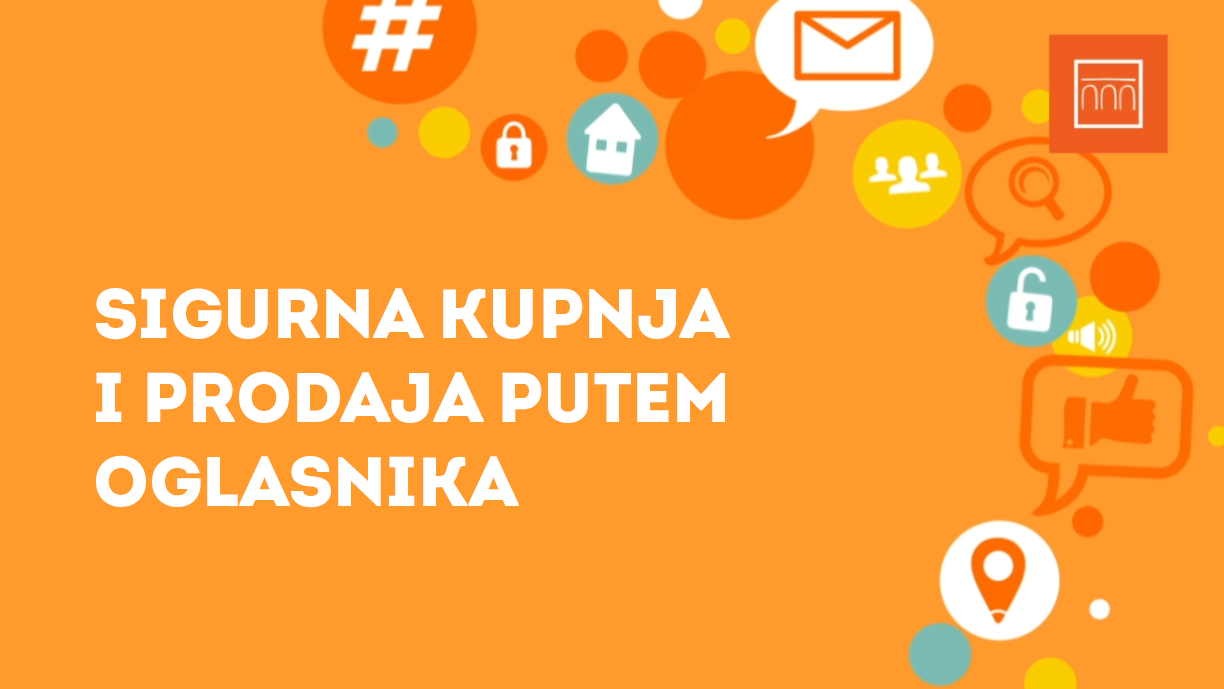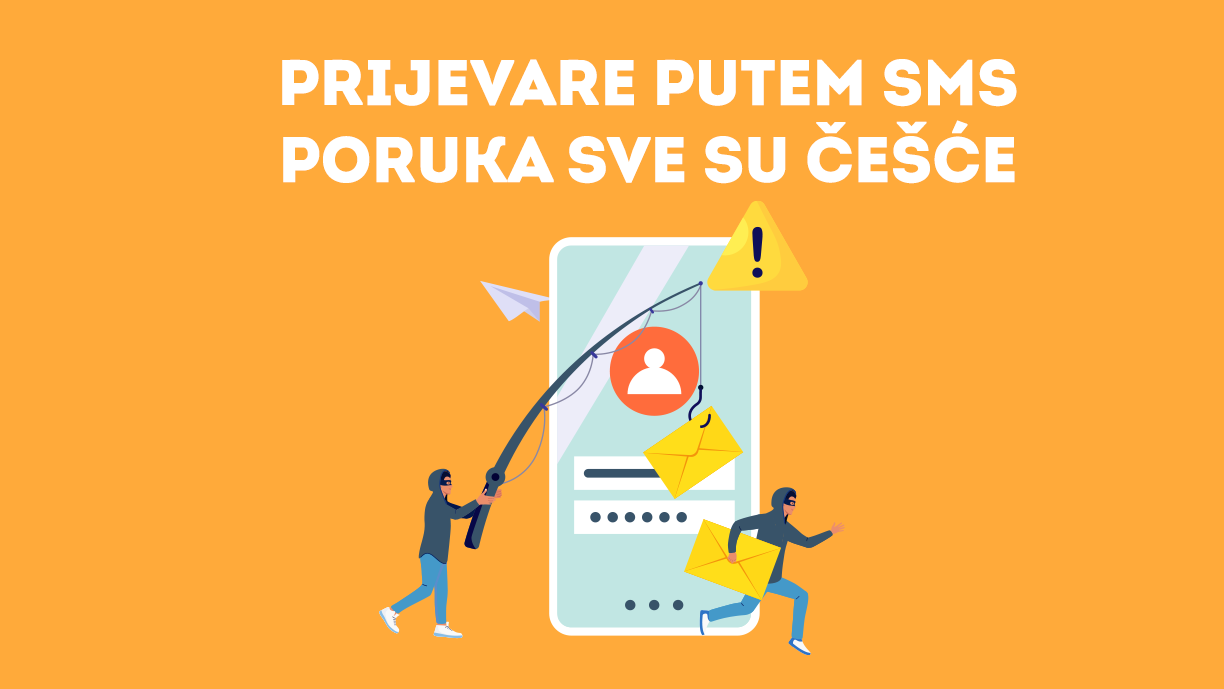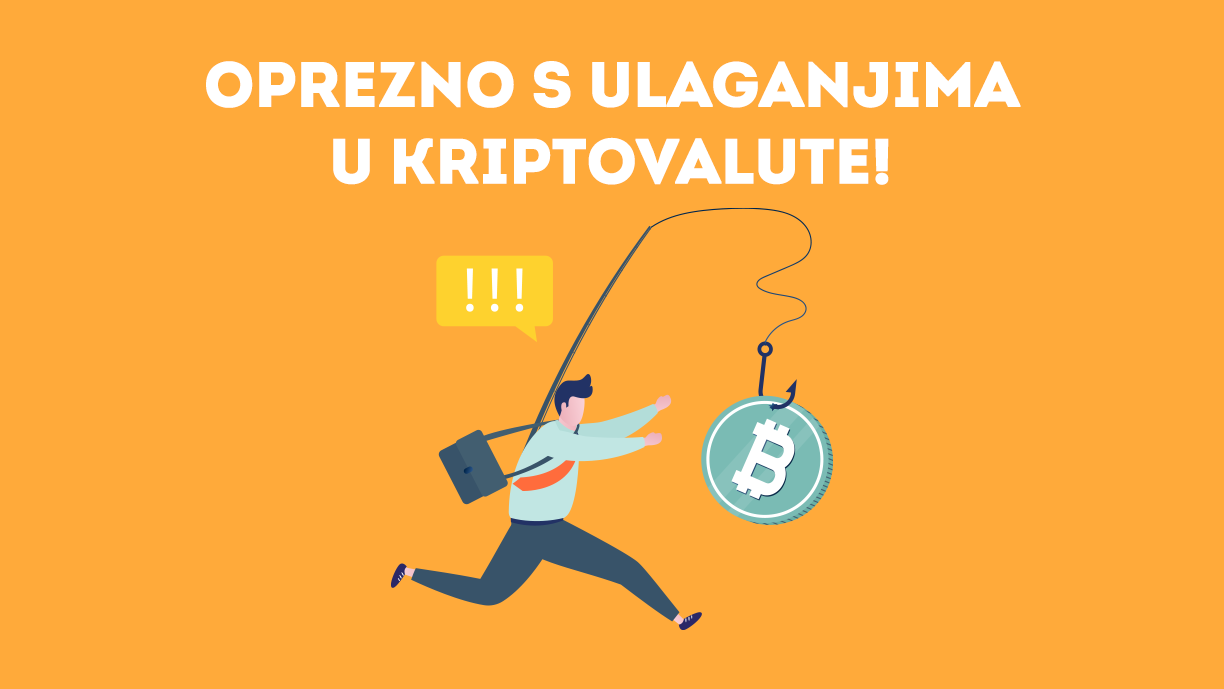KEEP YOUR CREDENTIALS SAFE AND DON`T SHARE THEM!
You would certainly not lightly hand over the keys to your home to an unknown person. It's the same with credentials: fraudsters are trying to obtain them in order to gain unhindered access to your accounts and make illegal financial gains.
What is a credential?
Credential is a means of proving (recognizing) electronic identity (eg username, one-time password generated by mobile token, card reader or token, digital certificate, etc.).
Be careful with your credentials, your card information and personal information!
NEVER share them with others during a phone call, type in links or scan QR codes in incoming emails, SMS or chats.
Online scams
Fraudsters are lurking at every turn with the goal of stealing your personal information and credentials.
Find out about the most common forms of fraud.
SCAMS ON INTERNET ADVERTISERS
Fraudsters often pose as buyers of the product you are advertising on the web advertisers and send you a fake link to receive payment or a link to one of the well-known delivery services in order to enter your personal information, card details and credentials. This allows them to access your online banking and create payment orders from the account.
For the payment you need to receive, it is enough to send the IBAN of your account to the buyer. You NEVER need to enter a user number, one-time password or PIN!
INVESTMENTS IN CRYPTOCURRENCIES
IGNORE tempting offers to make quick money investing in cryptocurrencies!
Fraudsters will try to convince you that you will receive a payment based on investing in cryptocurrencies and ask for your PBZ Digital Banking credentials to make the payment or insist on downloading the app from unknown sources. In this way, they can access your online banking and steal money from your account.
Important! Never download apps from unknown sources and at the persuasion of unknown persons! Download the PBZ Digital Banking mobile app exclusively from verified app stores (Google Play Store, App Store, Huawei AppGallery).
SCAMS VIA SMS
Fraudsters contact victims via SMS, WhatsApp or Viber posing as family members or close friends and ask for money. Such messages usually contain a link or attachment to malware. Recognize the scam:
- Unusual requests for money: Be careful if you receive a message asking for money, especially if the message purports to be from a family member or friend who doesn't normally communicate that way.
- Presence of links or attachments: Suspicious links or attachments in the message may be an attempt to install malware on your device.
- Grammar and spelling errors: Scams often contain errors in the text that may indicate the message is not authentic.
- Urgency and pressure: If the message creates a sense of urgency or pressures you to act immediately, this could be a sign of a scam.
- Check the source of the message: If the message is coming from an unknown or suspicious number, this can be an additional warning sign.
FRAUDS IN SOCIAL NETWORKS
The attacker exploits your feelings to get data that he can use to steal your money. This type of fraud isn't something we only hear about on television, it can happen to anyone!
Fraudsters often ask for financial support for noble causes, such as donating to a cause, and then try to convince you to share your user ID and one-time online banking password to speed up their transactions and easily achieve their goals. Don't trust them! If necessary, ask for help!
FRAUDS IN THE NAME OF THE BANK
Fraudsters often contact customers with information about blocked access to online banking. In doing so, they prompt you to access a link where you will enter your personal and card data and credentials to reactivate online banking. However, that's just the start of accessing your finances and withdrawing money from your accounts.
BANK WILL NEVER ask you for personal data, card data, account balance and/or other confidential information via phone call, e-mail, SMS, mobile applications or social networks!

Inform yourself!
Find more information about the latest forms of fraud and how to recognize them on Croatian banking association web pages: Hrvatska udruga banaka.

